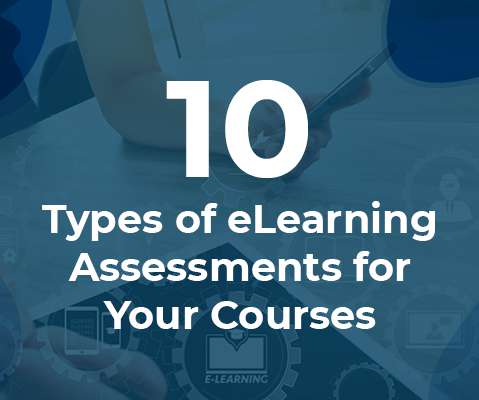How To Think Like An Instructional Designer for Your Nonprofit Trainings
Beth's Blog: How Nonprofits Can Use Social Media
JANUARY 27, 2014
So, expect to see regular reflections on good instructional design and delivery for any topic, but especially digital technology and social media related. ” ADDIE is an instructional design method that stands for Analysis, Design, Development, Implementation, and Evaluation.












Let's personalize your content